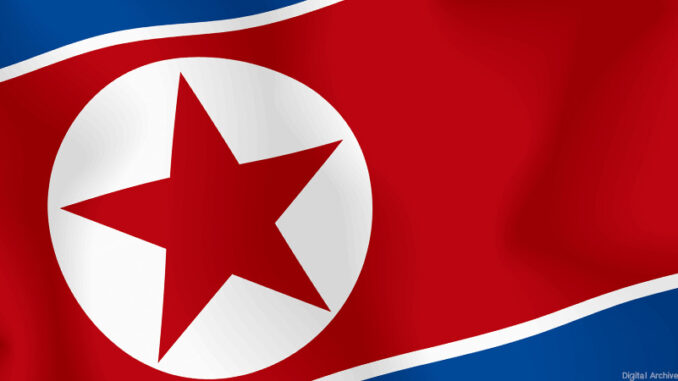
James Brady Death Ruled “Homicide”
In 1981, a man named John Hinckley, Jr. attempted to assassinate then president Ronald Reagan outside of the Washington Hilton Hotel, following a speaking engagement. A group of spectators (who had not been properly screened by the Secret Service) were allowed behind a rope line within fifteen feet of the president’s entourage as they exited the hotel. Hinkley fired six shots. Four people were wounded, including Reagan (from a bullet that ricocheted off of a vehicle and lodged in his chest). Secret Service agent Timothy McCarthy and D.C. police officer Thomas Delahanty were wounded but made full recoveries. White House Press Secretary James Brady was shot in the head, which left him confined to a wheelchair for the rest of his life.
Brady, who used his experience to advocate for stricter gun control laws, died in August. A medical examiner concluded that the 73 year old ultimately died as a result of the consequences stemming from his gunshot wound. His death was officially ruled a homicide. Hickley, who had targeted the president as a way to impress movie star Jodie Foster, was found not guilty by reason of insanity in 1982 and has been confined to a psychiatric hospital in Washington D.C. ever since. Prosecutors have announced that they will cannot charge Hinkley with the homicide because of his insanity defense.
Dig Deeper Do some research on Brady’s efforts to end gun violence. What actions are being taken since his death?
Update on Ebola
It was a dangerous year for those living in West Africa, and a fearful one for the rest of the world as we watched and wondered what would happen to those infected with the highly contagious disease. The latest Ebola news involves Pauline Cafferkey, the British public health nurse who contracted the disease while working in Sierra Leone as a volunteer with the organization Save the Children. After reaching a critical state, her doctors at the Royal Free Hospital in London report that she is now stabilized. They are treating her with experimental drugs as well as blood plasma from an Ebola survivor.
The World Health Organization (WHO) recently announced that the number of people infected with Ebola around the world has passed 20,000, with nearly 8,000 deaths. Meanwhile, the United Nations has announced that it believes the outbreak can be eradicated by the end of 2015. In September, it created the UN Ebola Emergency Response (UNMEER) mission. One of its major goals is to ensure “100% safe burials.” (In many parts of Africa, family members traditionally bathe and dress the body and guests touch and kiss the face of the deceased.) This tradition had made safe burials difficult. UNMEER chief Anthony Banbury said, “we have a long and difficult way to go.”
What Do You Think? Do you think that health officials will be able to stop the Ebola outbreak by the end of 2015? Do some research to support your answer.
North Korea vs. Sony

You have probably heard about the movie The Interview. Creators Seth Rogen and his producing partner Evan Goldberg also made the movies Superbad, Pineapple Express, and This is the End. The Interview is a political satire that depicts two tabloid journalists who are convinced to assassinate North Korean dictator, Kim Jong-un during a scheduled interview. This is not the first time that Hollywood has satirized (or seriously criticized) famously oppressive dictator. In 2004, the creators of South Park released Team America: World Police, which featured Kim Jong-il, Jong-un’s father and former dictator until his death in 2011.
The Interview, however, sparked a bigger response than the filmmakers expected, even before it was released. On November 24, Sony Pictures (the studio who produced the movie) was hacked by an anonymous group called The Guardians of Peace. In addition to leaks of confidential emails, the hackers threaten to commit terrorist attacks at any theater showing the movie on its scheduled opening on Christmas Day. Sony decided to stop the movie’s theatrical release to ensure public safety. After confirming that North Korea was responsible for the hack, President Obama held a press conference and criticized the Hollywood studio decision to pull cancel the release. He warned that allowing intimidation only encourages more censorship. Sony eventually made The Interview available online.
